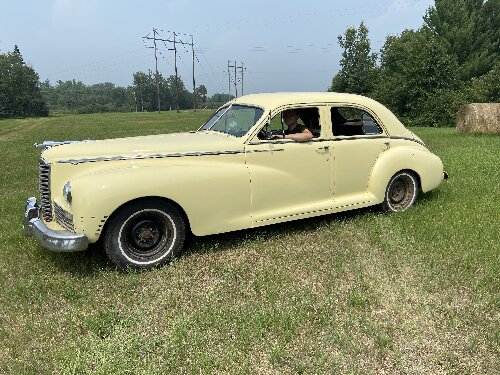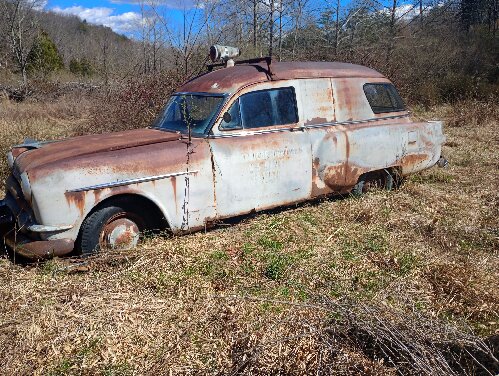|
Re: Engine oil
|
||||
|---|---|---|---|---|
|
Forum Ambassador

|
Most any oil you chose to use will be an improvement over the oils of the era of your car. IMO the only times a diesel-rated SAE15W-40 would be a poor choice is (1) for use in cold weather and especially for cold startups and (2) in freshly rebuilt or low mileage engine with clearances like a fresh engine. Rislone is primarily a detergent for sticky valve guides and rings and will not increase oil pressure - not that it's use might not be beneficial once or twice though if you do so, change the oil & filter more frequently.
40+ psi at road speed is an adequate pressure that engine, IIRC 45 psi at road speed was considered normal for the 356 engine. If you want to get to 45 psi you might consider adding a thin shim behind the oil pressure relief spring. No adjustment will change the hot idling oil pressure though a heavier oil might boost it a bit but even so I wouldn't be concerned with that reading.
Posted on: 2015/6/26 22:16
|
|||
|
||||
|
Re: Engine oil
|
||||
|---|---|---|---|---|
|
Home away from home
|
As always, thanks for your support. Glad to hear that 20 psi at hot idle is acceptable.
Posted on: 2015/6/26 22:45
|
|||
|
||||
|
Re: Engine oil
|
||||
|---|---|---|---|---|
|
Forum Ambassador

|
Just as a point of reference and the engines have little in common, Packard's recommendation for the 34 Eight 320 9-main bearing engine was 25-55 psi at road speed and at least 2 psi at hot idle.
Posted on: 2015/6/27 8:53
|
|||
|
||||
|
Re: Engine oil
|
||||
|---|---|---|---|---|
|
Home away from home
|
Another way to think about it is based on rpms. Each stroke or turn of the pump is producing a shot of oil. The faster the motor turns the more you need lubricant to the rotating and stroking parts and the more the pump delivers. eg; oil flows out on the cylinder wall on the up stroke and is wiped off in the down.
The gauge pressure is only showing the resistance to flow that's encountered, not the flow. Flow's pretty much fixed by the pump capacity. There's more resistance to flow the higher the flow in the same size channel. So gauge pressure will noramlly increase with rpms for these mechanical pumps up to a point. No need to modify the viscosity. In fact, you might starve the pump inlet/pickup at lower temperatures with higher vis. Diesels are a higher temperature and pressure animal producing more combustion soot/ash than a low compression '40's gasoline motor. So diesel lube requirements are much different and more severe. Use diesel grades for diesel service and gasoline grades for gasoline motors. Your motor probably spec'ed out for ND 30W with leaded gas and some have filters and some don't. That was pretty much the most available refined motor oil grade at that time. The economics were to dump the contaminated oil frequently rather than make it last. Not same economics as we have today. If you look at motor oil viscosity curves, you won't see as large a change in viscosity with temperature as the "W" numbering system suggests. In fact, they all get much thinner at operating temperature well below what you pour out the can. I won't get into additives. I've addressed that one before.
Posted on: 2015/6/28 11:33
|
|||
|
||||








